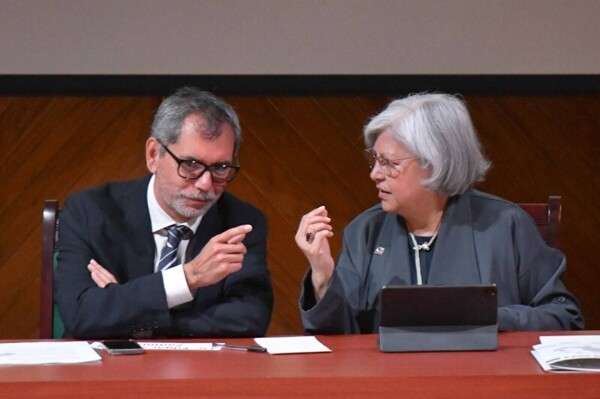
In Mexico, cyber threats are constantly on the rise, making it necessary for both banks and financial companies to invest in technological infrastructure to protect themselves. The Mexico Plan, focused on regional development and infrastructure, requires a legal certainty and regulatory compliance environment to succeed. However, the lack of compliance raises doubts about Mexico's ability to ensure institutional stability in high-impact projects.
The State of Mexico stands out at the beginning of 2025 as the entity with the highest concentration of thefts or attempted crimes against cargo transportation, representing at least one-fifth of the cases nationwide. Raúl Betancourt, director of data science at AI27, explained that other entities with high incidence are Puebla with 16% and Veracruz with 12%. According to Fernando Navarrete, reporter for El Financiero, the grocery industry is the most affected, followed by sectors such as chemicals, wines, automotive, steel, and health.
The thefts against cargo transportation have a significant economic impact, potentially causing losses to companies ranging from 600,000 pesos to 15 million pesos per load. The months with the highest incidence of thefts in recent years have been June and November, with rates of 9.6% and 9.5% respectively. The case of June 2024 is highlighted as the month with the most thefts, reaching 10.2%.
In a context of accelerated digital advancement, banking security becomes an absolute necessity. Liverpool, for example, allocates part of its investment to protect its customers, as mentioned by its CFO Gonzalo Gallegos in a recent conference with analysts. This focus on technology aims to improve security and confidence in financial institutions. The lack of compliance with resolutions such as that concerning the Punta Diamante Viaduct generates uncertainty and distrust, factors that can deter foreign investment, vital for the country's development.














